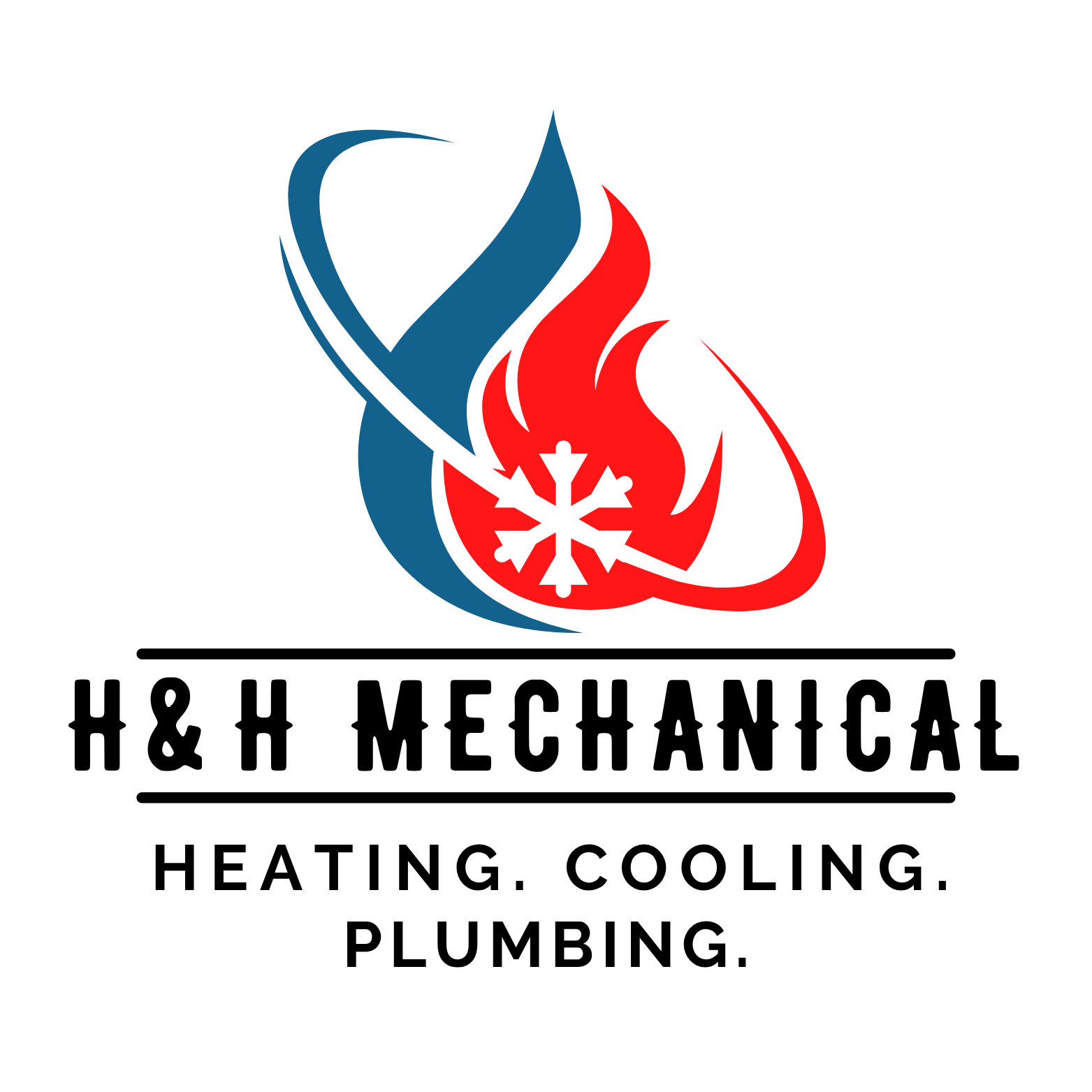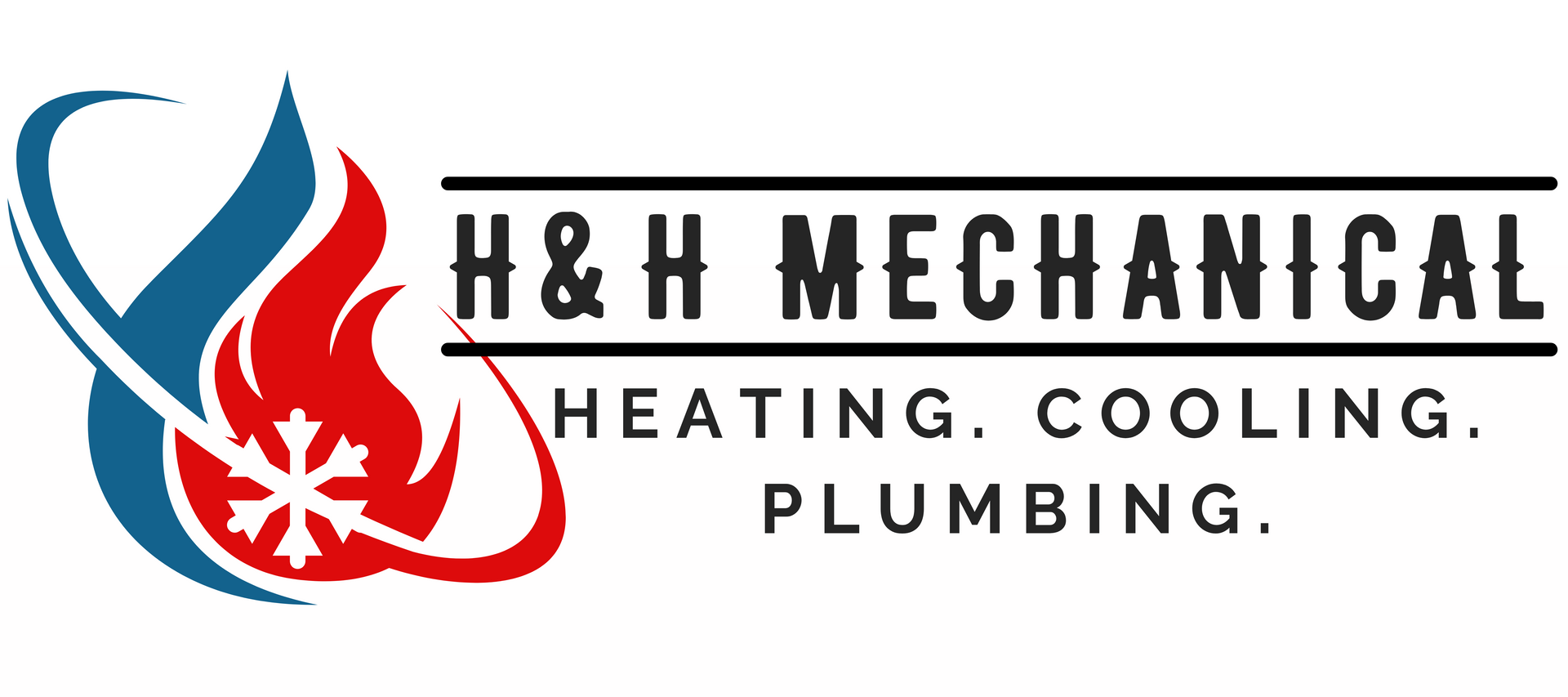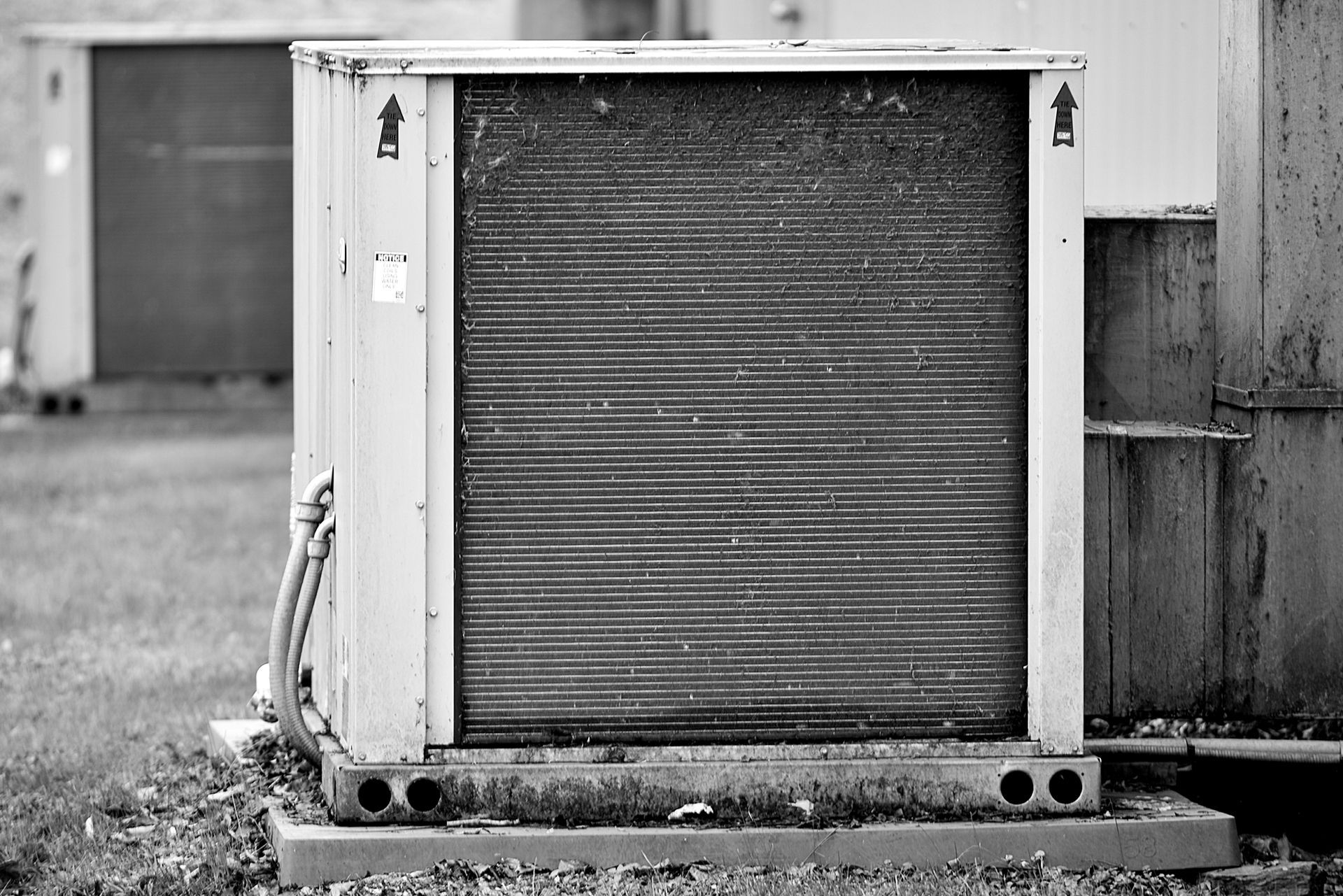Spring is Coming!
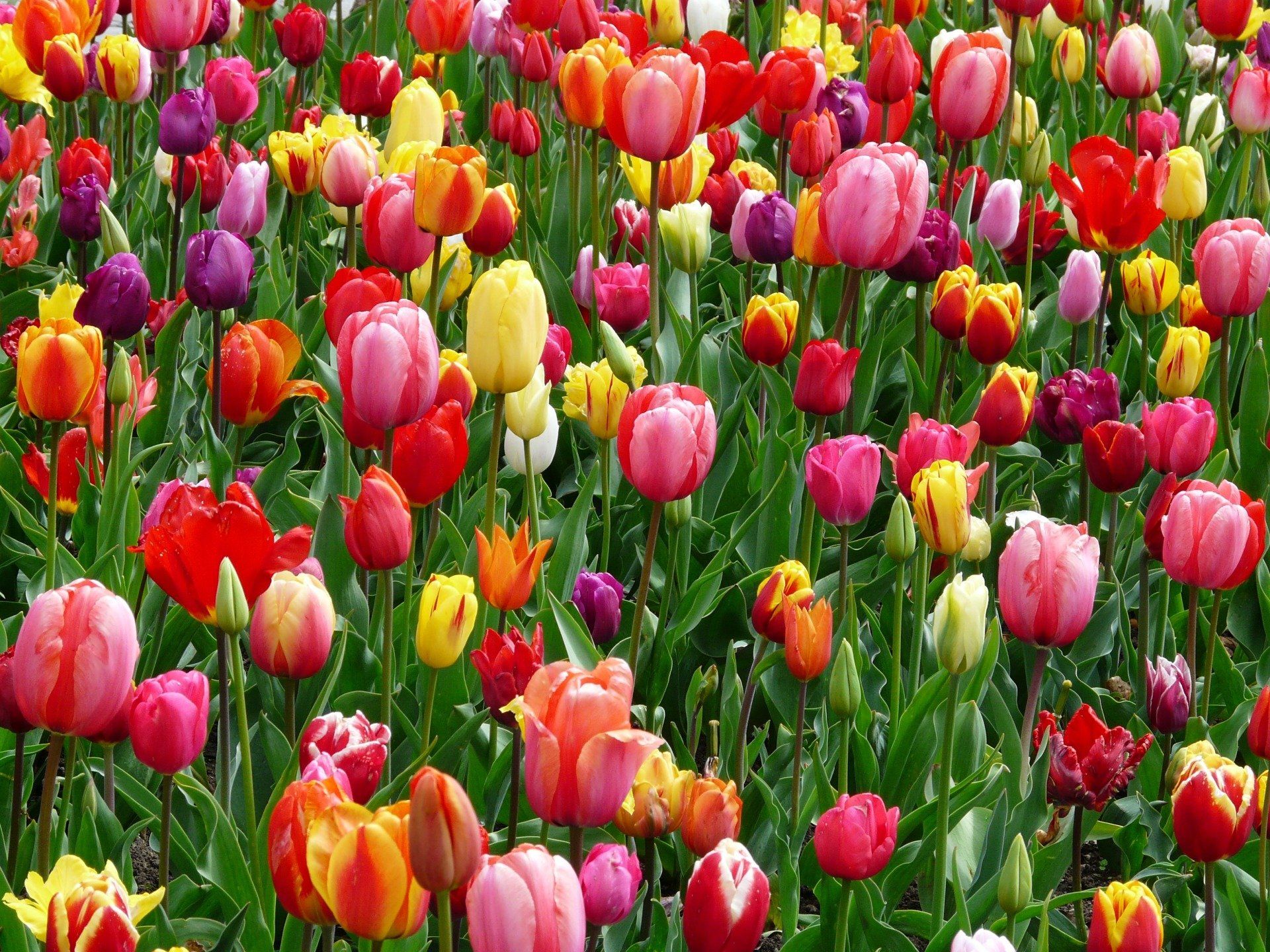
As the cold winter weather begins to dissipate, it’s time to start thinking about your HVAC system’s spring maintenance. Your cooling system has likely been lying dormant all winter, and now is the perfect time to invest in some preventative HVAC maintenance to ensure that your system is ready for when hot weather arrives. Below, we’ve put together a checklist of essential spring HVAC maintenance tasks that you should do to keep your HVAC system functioning optimally this spring and summer.
Clean Your Air Filters
The air filters in your HVAC system help to keep the air in your home clean and free of harmful pollutants. During the spring months, you’ll want to make sure you clean or replace your air filters regularly, to ensure that they are free from dust, dirt, and debris. This can help ensure that the air circulating through your home is clean and fresh, as well as reduce the load on your HVAC system.
Check Your Thermostat
Spring is an excellent time to check your thermostat to ensure that it’s working correctly and accurately. You’ll want to make sure that your thermostat is calibrated accurately, and you also should replace the batteries or update the programming if needed.
Inspect Your Outdoor Unit
Your outdoor HVAC unit has been exposed to the winter weather, and it’s essential to check that it’s still in good condition. Clear any debris from around your outdoor unit, and if there is any damage, have it repaired asap.
Clean Your Air Ducts
Dirt, dust, and debris can accumulate inside your air ducts, which can affect your indoor air quality and reduce the efficiency of your HVAC system. Spring is the perfect time to schedule air duct cleaning to remove any buildup and ensure that your home is comfortable and healthy.
Check for Obstructions
Ensure that no furniture, boxes, or other items are blocking your air vents. This can reduce the efficiency of your HVAC system, cause unit strain and lead to higher energy bills.
Schedule a Professional HVAC Inspection
The most important step to take when it comes to spring HVAC maintenance is to schedule a professional HVAC inspection. Ideally, this should be done in the early spring to ensure that your cooling system is functioning properly and will keep you cool and comfortable all summer long. Give us a call at H & H Mechanical if you would like to hear about our maintenance plans.
Spring HVAC maintenance is essential to keep your HVAC system in tip-top condition this summer. Take the time to do these essential HVAC maintenance tasks, or call H & H Mechanical to inspect and perform routine maintenance to make sure that your HVAC system is working efficiently and effectively. By doing so, you can enjoy a comfortable and worry-free summer indoors.
